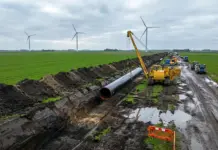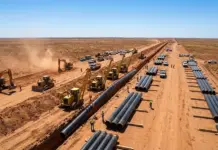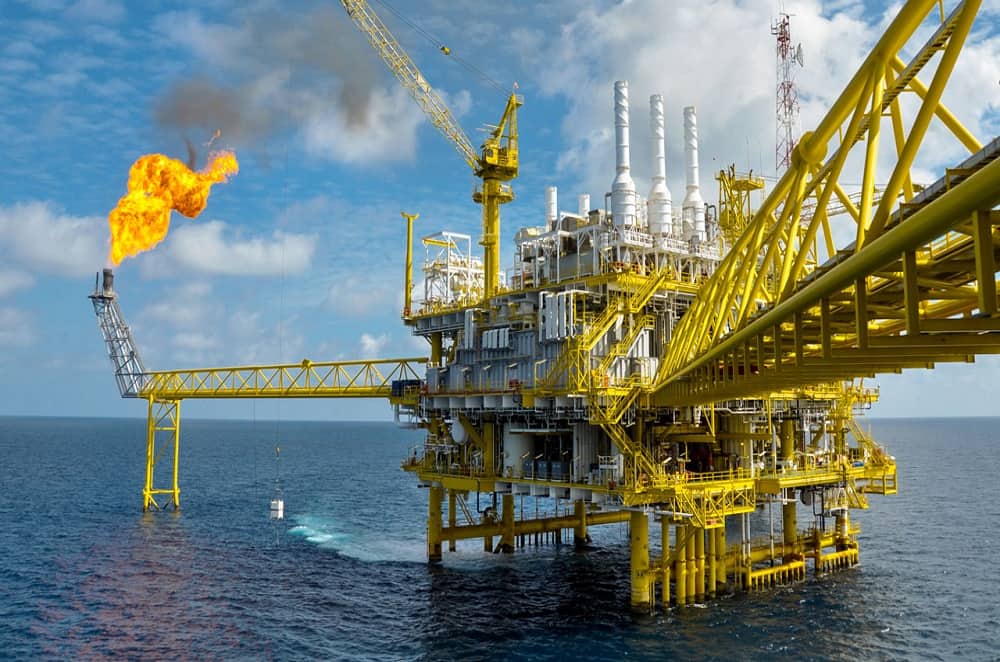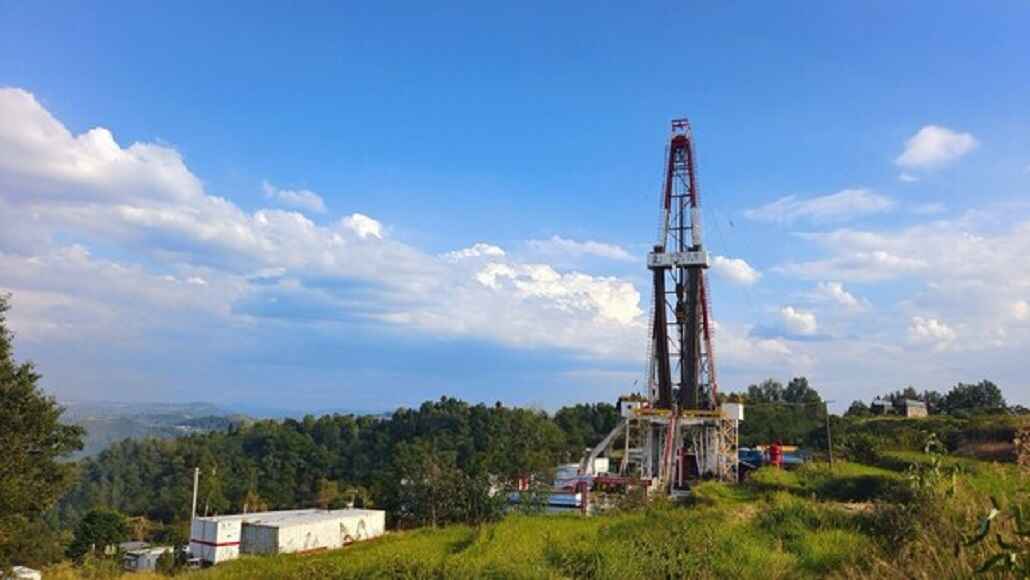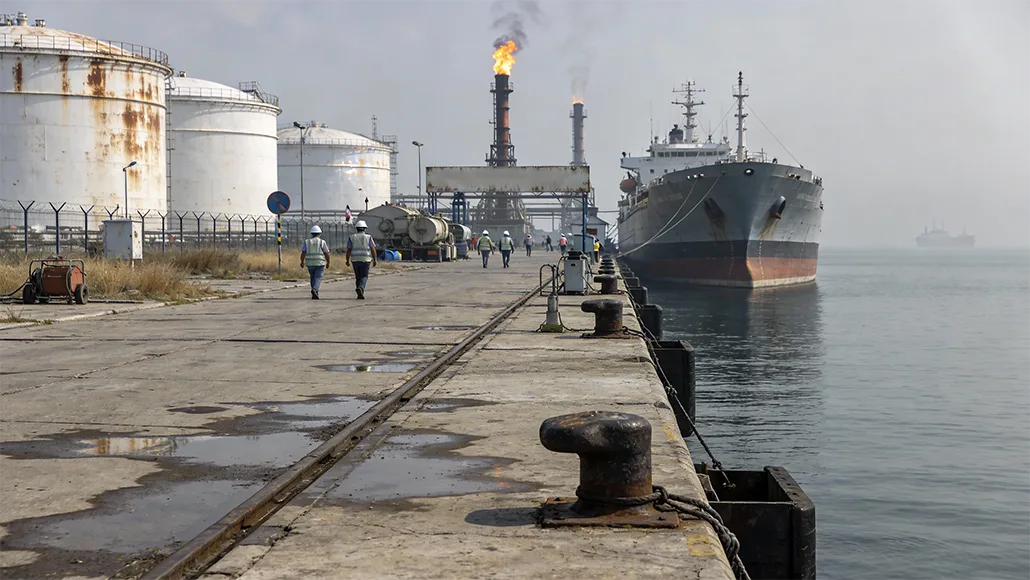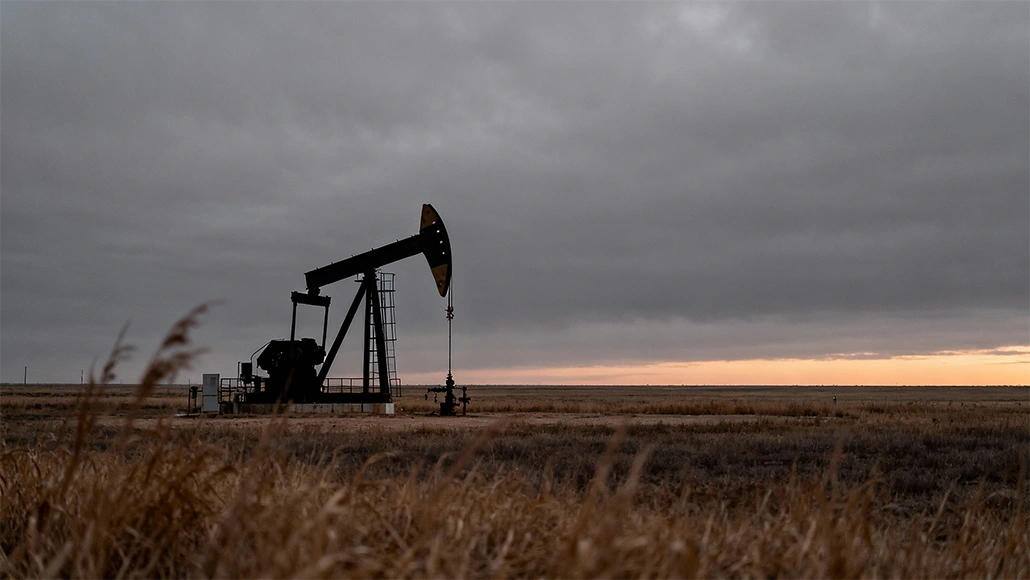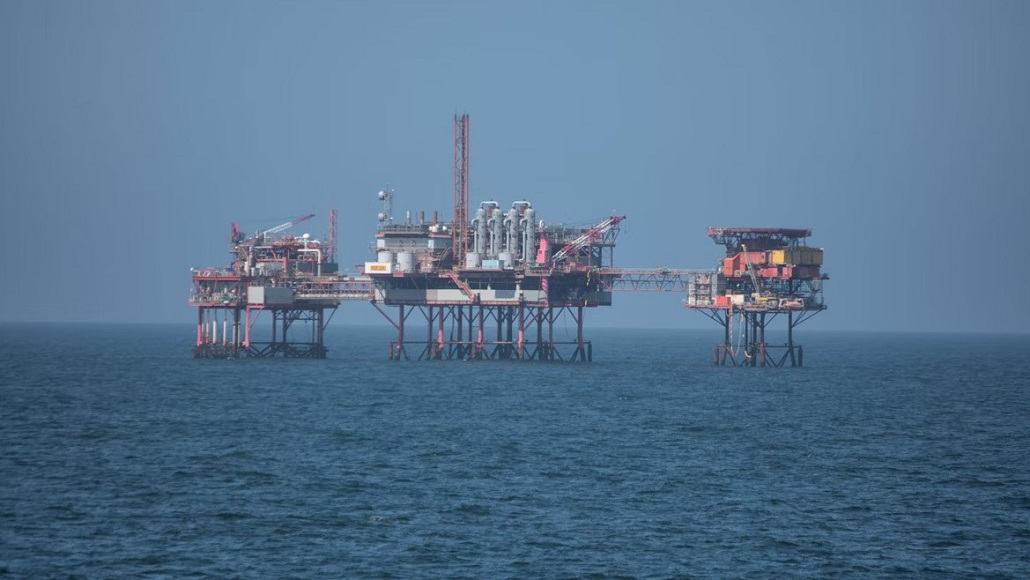One of the new independent analyses, which is commissioned by Offshore Energies UK (OEUK) from Westwood Global Energy Group, has gone on to reveal that the UK happens to have the potential to double its North Sea oil and gas production. The study goes on to indicate that almost 7.5 billion barrels of oil and gas happen to remain untapped in UK waters, which is approximately 3.2 billion more than the present government’s anticipations. This kind of additional production could prominently contribute towards the energy security and economic prosperity of the nation.
By way of harnessing this additional capacity, the UK can as well generate another £165 billion when it comes to economic value. It is well to be noted that if the UK were to meet half of its oil and gas demand coming from domestic sources, this figure could as well rise to a total of almost £385 billion, thereby bolstering investments, public services, and even job security. The climate change committee in the UK, which happens to be the government’s independent advisory body, has gone on to state that if the UK were to meet its climate objectives on time, there is going to be a significant demand related to oil and gas.
But there are other forecasts that suggest that the North Sea will produce less than 4 billion barrels, thereby fulfilling less than one-third of the anticipated requirement. OEUK has gone on to caution that without any government backing, the North Sea oil and gas sector may as well see a sharp decline, thereby potentially leading the UK to depend on imports for almost 80% of its oil and gas needs within the decade. The industry is also advocating for consistent licensing as well as revisions to the windfall tax, and the government is anticipated to announce strategies later in 2025, as per the study. Apparently, in 2024, the total energy production in the UK went on to reach a record low, with more than 40% of its energy requirement being met by way of imports.
Interestingly, the findings of the report were a central topic at the conference of the OEUK in Aberdeen, Scotland, on June 24. Coincidentally, this conference date coincided with the 50th anniversary of North Sea oil and gas production. Notably, the report also distinguishes between a natural decline when it comes to field productivity and also a decline that is accelerated due to policy, thereby suggesting that the latter could as well reduce the domestic production to only 2.6 billion barrels.
It is well to be noted that securing the domestic energy coming from the North Sea could as well deliver dependable supplies along with lower emissions, elevate tax revenues, help in supporting 200,000 jobs, and, at the end of the day, decrease dependence on liquefied natural gas, which happens to have a prominently higher greenhouse gas footprint.
David Whitehouse, the OEUK chief executive, said that this independent report happens to show that the UK can make better use when it comes to its own North Sea oil and gas so as to power the country, cut the need for imports, and, of course, protect the jobs. All this can be done while at the same time accelerating the renewables too. This is not just about oil and gas vis-à-vis wind, but it is more about whether one prioritizes homegrown oil and gas as compared to imports.
Whitehouse added that the UK happens to be at a record 40% of imported energy with the policy decisions and not geology that are driving the fast decline in terms of production at the North Sea. Apparently, in a world that is increasingly volatile, if one acts now, the UK can meet more of its oil, gas, and renewable requirements coming from homegrown resources, and the fact is that the UK needs them all.








